Psychotic disorders are mental disorders in which an individual's personality is severely confused, and they lose touch with reality. When a psychotic episode occurs, the patient becomes unsure about what is real and what isn’t. Patients usually experience hallucinations, delusions, uncharacteristic behaviour, chaotic speech and incoherency.
Types of psychotic disorders
Schizophrenia
The most common psychotic disorder is Schizophrenia. Patients with this condition experience changes in behaviour, delusions and hallucinations that last longer. Patients diagnosed with this type of disorder often show a decline in social function, as well as school and work. Individuals with Schizophrenia also display symptoms of a mood disorder, such as depression and anxiety.
Brief Psychotic Disorder
When an individual has short, sudden episodes of psychotic behaviour, the condition is diagnosed as brief psychotic disorder. These episodes are a response to a stressful situation and usually last less than a month.
Delusional Disorder
These patients have false beliefs involving real-life situations that could be true, such as having a disease or being conspired against.
Treatment for Psychotic Disorders
The two main treatments for psychotic disorders are psychotherapy and medication.
Psychotherapy may include individual sessions, support groups or family sessions. During therapy, Dr Khabisi will also teach patients and family members self-help techniques that will aid in successfully managing living with the disorder.
Antipsychotics are the main medication used to treat psychotic disorders. These medications help manage symptoms of the disease, such as hallucinations and delusions.
While most patients get treatment as outpatients, in severe cases, hospitalisation may be necessary to stabilise the patient’s condition.
